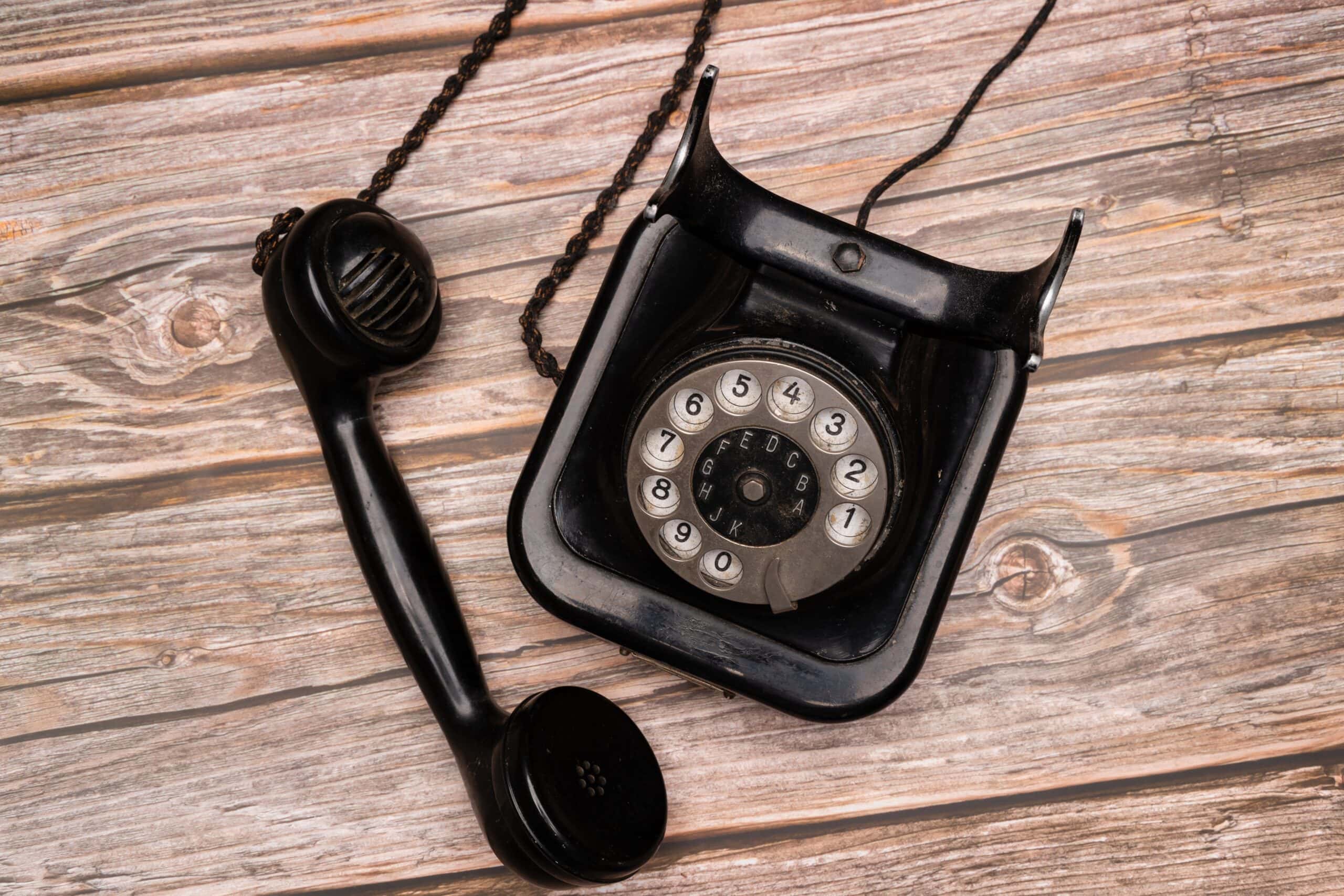On October 11, 2023, the United States District Court for the Western District of Washington issued a noteworthy decision discussing prerecorded calls in the context of treble damages and injunctive relief. In Blair v. Assurance IQ, LLC, the Court denied Defendant’s Motion to Dismiss, in part, finding that Plaintiff had sufficiently plead Defendant’s delivery of artificial or prerecorded calls. The Court also granted Defendant’s Motion, in part, finding that Plaintiff had neither: 1) established that Defendant’s violation of the Telephone Consumer Protection Act (“TCPA”) was willful or knowing; nor 2) established that he was entitled to injunctive relief.
As our readers are aware, the United States Supreme Court’s decision in Facebook, Inc. v. Duguid significantly narrowed the TCPA’s definition of what constitutes an automatic telephone dialing system (“ATDS”). TCPA plaintiffs have demonstrated increased creativity in the TCPA cases that they have brought following the U.S. Supreme Court’s decision in Duguid. Many plaintiffs, including Mr. Blair, have set their sights on the last clause of 47 U.S.C. § 227(b)(1)(A), which prohibits calls made using “an artificial or prerecorded voice.” In Blair, the Court held that Plaintiff had sufficiently stated a claim under this clause of the TCPA; however, he did not do enough to establish a claim for treble damages or injunctive relief.
The Prerecorded Call Analysis Set Forth in Blair
In Blair, Plaintiff asked the Court to award statutory damages, treble damages, and injunctive relief, for Defendant’s alleged placement of unsolicited prerecorded calls to his cell phone without his prior express consent after his number had been placed on the National Do-Not-Call list (“NDNC”). Defendant responded by filing a Motion to Dismiss, alleging that Plaintiff had failed to state a claim under the TCPA.
In its opinion, the Court noted that when a fact is an element of the claim, “it is insufficient for the plaintiff to merely recite that fact verbatim without other supporting details.” Some courts have called this a “parroting” of statutory language. The Court discussed the various elements of what constitutes a prerecorded call, as delineated by other courts in the Ninth Circuit, and concluded that Plaintiff did sufficiently allege Defendant’s delivery of prerecorded calls. Thus, Plaintiff did enough at the initial pleading stage to sufficiently establish a claim of violation of the prerecorded voice provisions of the TCPA, under which he was entitled to damages.
Plaintiff sought $1,500 in damages, the trebled (3x) statutory amount, per violation of the TCPA from Defendant. Defendant argued that Plaintiff’s complaint did not sufficiently allege that Defendant’s conduct was willful and knowing. All Plaintiff pled in support of his claim for treble damages was that, to the extent that Defendant’s “misconduct is determined to be willful and knowing, the Court should . . . treble the amount of statutory damages recoverable by the members of the Do Not Call Registry Class.” The Court found this allegation to be insufficient and dismissed Plaintiff’s claim for treble damages.
Finally, Plaintiff sought injunctive relief, asking the Court to order a change in Defendant’s business procedures to prohibit the delivery of prerecorded calls to numbers listed on the NDNC. Defendant argued that Plaintiff lacked Article III standing to seek injunctive relief, because he failed to allege any threat of future injury. Plaintiff replied that, to adequately seek statutory injunctive relief under the TCPA, all he had to do was request it in his complaint. The Court disagreed, stating that standing is a threshold matter central to the Court’s jurisdiction over Plaintiff’s claims. To substantiate his claims for injunctive relief, Plaintiff bore the burden of sufficiently alleging that he continued to suffer due Defendant’s past illegal conduct or that he might be wronged again in a similar manner. The Court held, however, that Plaintiff’s exposure to Defendant’s past prerecorded calls did not satisfy his burden. Accordingly, Plaintiff’s claims for injunctive relief were dismissed.
Why Does the Blair Decision Matter to Your Business?
As previously mentioned, the Duguid ruling has made filing claims under the TCPA more complicated. Specifically, many TCPA plaintiffs are having difficulty establishing that equipment employed by a given defendant qualifies as an ATDS. As a result, many TCPA litigants have become increasingly reliant on the prerecorded call prohibitions contained in the statute. The Blair decision offers detailed insight into how a federal court determines whether a prerecorded call was placed by a defendant. More importantly, the decision is a good reminder for how defendants should proceed at the responsive pleading stage of TCPA litigation proceedings. A plaintiff that can establish defendant’s violation of the TCPA does not automatically entitle him/her to treble damages. Furthermore, a plaintiff must still establish Article III standing for his/her injunctive relief claims to proceed, even if standing has been proven for monetary claims. In sum, Defendants should remember to contest every claim for relief when seeking dismissal of a TCPA complaint.
Given the ever-changing landscape of TCPA litigation, it is important that businesses regularly consult with experienced telemarketing law counsel. Over the past several years, the attorneys at Klein Moynihan Turco have defended countless TCPA claims on behalf of the telemarketing industry.
If you are interested in working with attorneys who can help your business with all of its telemarketing law needs, please email us at info@kleinmoynihan.com or call us at (212) 246-0900.
The material contained herein is provided for informational purposes only and is not legal advice, nor is it a substitute for obtaining legal advice from an attorney. Each situation is unique, and you should not act or rely on any information contained herein without seeking the advice of an experienced attorney.
Attorney Advertising
Photo by Markus Winkler on Unsplash
Related Blog Posts:
Did This Fresh Subway TCPA Litigation Decision Refresh A New Type of Claim?




